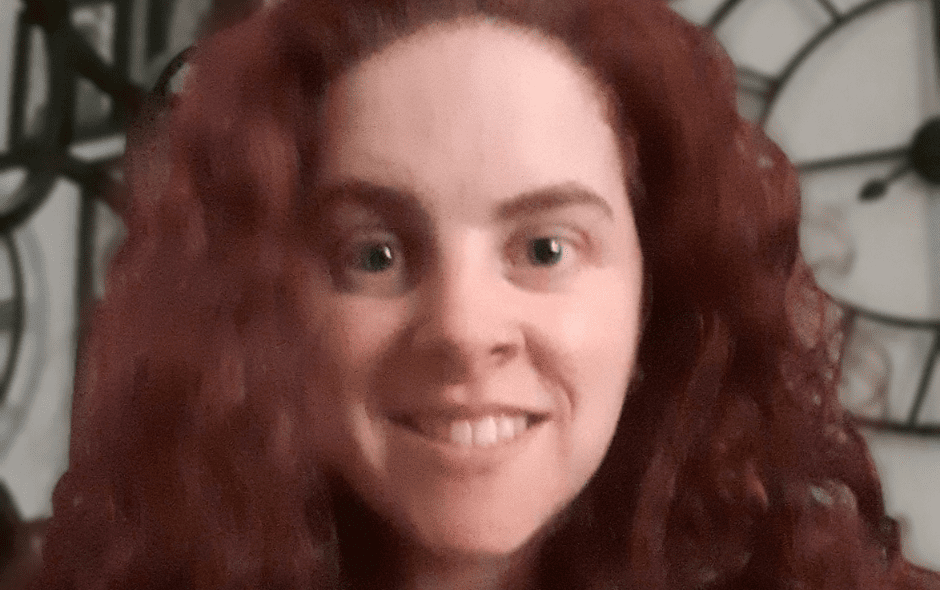Mhairi shares her experiences of living with epilepsy and how the condition has impacted her mental health.
How did you feel when you first got diagnosed with epilepsy?
At first, a sense of relief. After seven years of being told that my “seizures” were non-epileptic, it was reassuring to know that my “episodes” could finally be treated as actual epilepsy.
Then the realisation of what that entailed hit and relief was replaced by the daunting reality that this is a lifelong condition.
What type of seizures do you have? How does it affect you?
I mainly have tonic-clonic seizures however, I also have some myoclonic seizures and most recently absence seizures.
They affect me every day, even if I don’t have a full-on seizure as the dread of having one is constant.
What challenges have you faced since being diagnosed with epilepsy?
First getting the correct diagnosis and treatment was a challenge. Then learn about it and narrow it down to the information that applies to you.
Sometimes having a lot of details is helpful, however, information overload can be overwhelming and backfire to those who have anxiety.
Has your epilepsy diagnosis impacted your mental health? If so, in what way?
It has indeed. As I stated before, the dread of having a seizure is constant.
Therefore I am always on edge, high alert to anything that may set me off, and find it hard to relax out with my comfort environments, where I know what’s what!
What kind of support have you received to help your mental health?
Epilepsy nurse, neurologist, and neurological psychologist. The last two are mainly for my whole condition which includes epilepsy, but it’s nice having a team of core care practitioners who all work on my case together.
What has helped you with your mental health?
In general, I would say spending time with my loved ones, being out in the sunshine, and music.
For my condition including epilepsy, I find going to art class, dance class, and the gym helps focus my mind and ease any undue stress.
Do you feel that epilepsy has stopped you from doing what you want to do?
Yes, driving. I was such a good driver, had my own car for one year, and then had my first seizure.
Although at the time it was determined non-epileptic, I still didn’t have the courage to try thereafter.
The thought of causing anyone else harm was too much to bare, especially having seen the aftermath of the bin lorry crash on TV in George Square.
What would you say to others who have been recently diagnosed with epilepsy?
Get support straight away, an epileptic nurse and maybe find a local support group.
Also, tell everyone! Friends, family, and work need to all be informed straightaway for your sake and theirs!
Is there anything else you would like to add?
Through talking to other people and their experiences with epilepsy. Apparently, there are courses for you and friends/family to take to learn more about the condition.
I have not looked into this yet but I’m highly interested for myself and others to get more current information.
Although I do appear to come across as quite negative about my epilepsy, it’s more related to my condition as a whole.
I was hit with everything all at once and so it is quite hard to separate each aspect.
I also missed my sister’s wedding recently due to seizures, not wanting to spoil anything, and embarrassment.
If you are struggling with your epilepsy and mental health, please call our freephone Helpline on 0808 800 2200 or email contact@epilepsyscotland.org.uk




